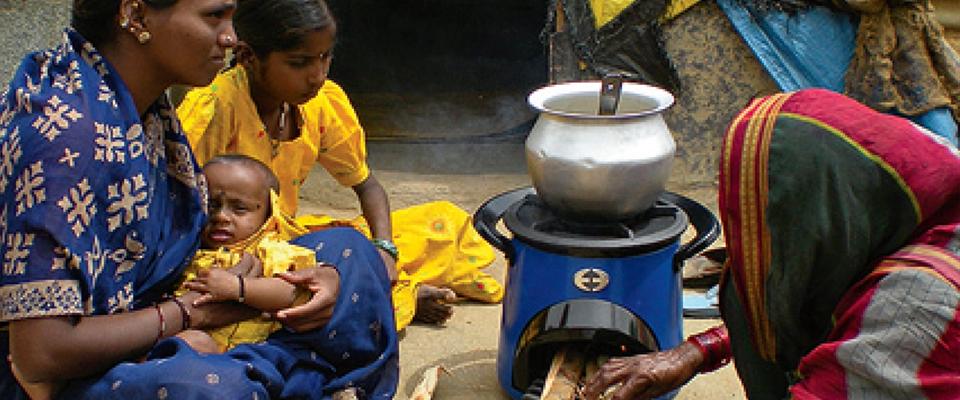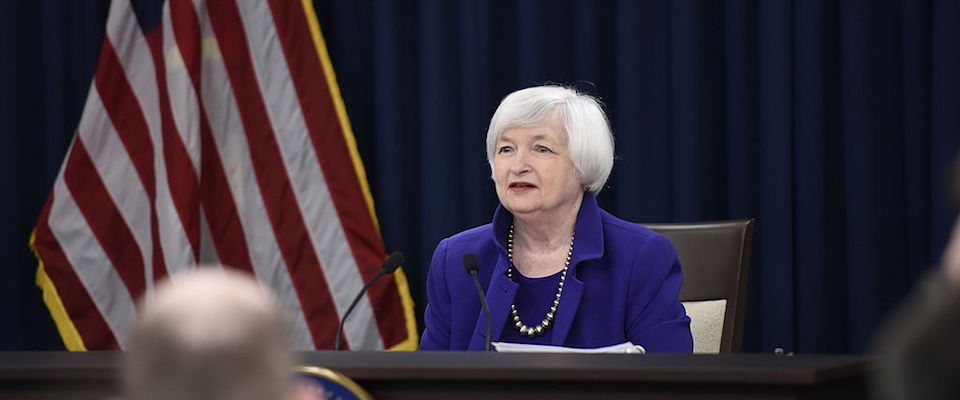David I. Levine is an unusual kind of salesman. The UC Berkeley Haas School of Business professor’s products are good: cost-effective, ecofriendly water filters and cookstoves. But Levine found that where his products were most needed—in Uganda, Bangladesh, and Kenya—people weren’t buying.
“The biggest mystery is cookstoves,” says Levine. Traditional biomass cookstoves kill more than 4 million people a year due to various illnesses associated with indoor air pollution, including 1 million children under the age of 5 due to pneumonia, according to the World Health Organization. Such stoves also contribute to deforestation and global climate change. Improved cookstoves, which cost around $10, use half the fuel, stay hot longer, and emit less smoke. For many, this switch would be an easy sell; but for impoverished households, that was not the case.
“All these health benefits are very uncertain,” Levine says. “They’re in the distant future.” It’s hard for people to accept that their stoves are causing deaths. What’s more, Levine says, long-term environmental effects are marginal problems for families who don’t have savings, bank accounts, or even locks on their doors.
After several iterations, Levine devised a successful payment plan for these cookstoves. Households were given a free trial followed by a rent-to-own plan in which they would pay for the cookstove mostly out of fuel savings. Throw in a return policy, and Levine saw a significant increase in sales.
The strategy worked because “you don’t have to worry about whether people believe the doctors, or how people think about the hazards to a child’s health,” he says. “It comes down to money.”
But Levine’s approach turned up a new obstacle: Many customers do not trust vendors, regardless of free trials. Furthermore, vendors are hesitant to give credit to customers—despite the fact that in his pilot program, Levine received more than 97 percent of scheduled payments in Uganda. He is now testing mobile payments and layaway options to overcome this challenge.
Levine also found that although people purchased his products, they didn’t always adopt them. For example, customers’ daily use of water filters was particularly low. This small behavior change would reduce the risk of drinking contaminated water, which contributes to 1.8 million deaths a year from diarrheal diseases. In this case, Levine says, it comes down to educating people and changing their habits.
To that end, Levine is now working with a prenatal clinic in rural Kenya to educate women about treating water every day. He has formed partnerships with schools and nonprofits in Asia and Africa for a new project, still in its funding stage, that will encourage healthier habits in school children through stories, games, and songs. So far, the project, called “Health and Games,” is showing encouraging results.
“It’s very important to not only get people these products for hand washing, clean water, and cooking,” explains Levine, “but [to] really change the norms about what is safe.” Now that’s a good sell.





















